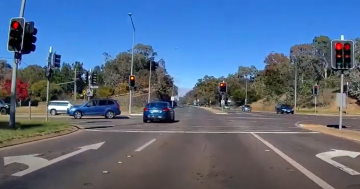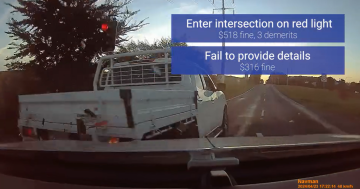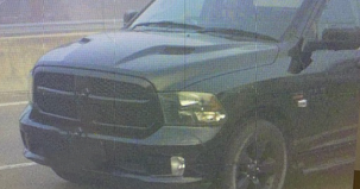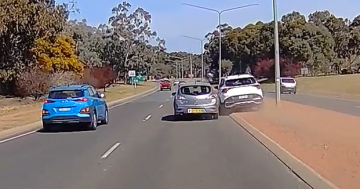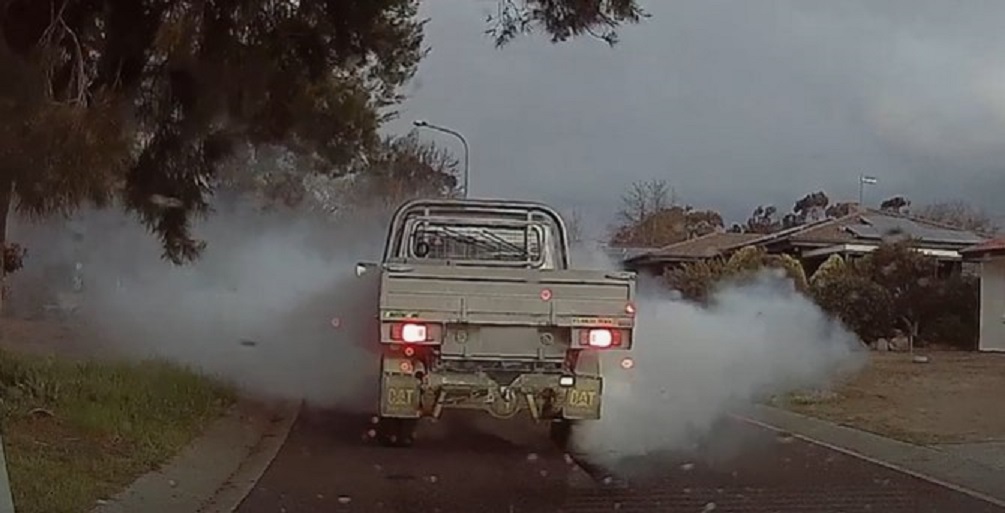
Have you captured some dangerous, reckless or careless driving on Canberra’s roads? You can now upload the footage online. Photo: ACT Policing.
Hooning, burnouts, road rage incidents, tailgating, drag racing – if you have video footage or photos of these offences, police have made it easier to catch the culprits posing a threat to Canberra drivers.
ACT Policing has expanded the capabilities of its online reporting portal so witnesses can upload evidence of dangerous driving.
Road and Proactive Policing Superintendent Brian Diplock said modernising the way people could report such crimes, as well as keeping traditional methods open, would help make Canberra’s roads safer for everyone.
“Traditionally you had to turn up to a police station in person with your footage on a USB or memory stick to report it to us – and you can still do that if you want – but you no longer have to,” he said.
“It makes it easier for the public to report these matters and saves resources at the police station.”
Historic sexual assaults and petrol drive-offs were the first offences able to be reported online in the Territory, with that capability expanded to include vandalism and property damage in mid-2023.
Since the initial expansion went live, ACT Policing has received 958 reports of property damage and vandalism incidents (as of 5 May).
Supt Diplock hoped this next stage would be just as widely received and used by the public.
“The really important thing for me, the thing that excites me the most, is that in policing we talk about having ‘anywhere anytime’ approach to traffic enforcement,” he said.
“Through this portal, partnering with the public to upload their footage, we really can have [that] reach on Canberra’s roads.”
Dangerous driving offences include vehicles running a red light, someone not wearing a seatbelt or using their phone while driving, as well as other dangerous, reckless or careless driving behaviours.
Depending on the footage, this could be enough for police to issue a fine or make an arrest.
“There are obviously evidentiary requirements we need to satisfy,” Supt Diplock said. “If we can get all of that online or through a conversation on the phone, that saves everybody’s time.”
Those who report the incidents should be aware they may be required to provide a formal witness statement and attend court as a witness, especially if someone contests a charge.
But in most cases it’s expected this won’t be necessary.
To complete the online form, you’ll need to provide video or photographic evidence of the driving offence along with your details.
Dangerous driving offences can still be reported in person at a police station, by calling the police assistance line on 131 444, or anonymously through Crime Stoppers on 1800 333 000.
In an emergency or life-threatening situation, call Triple Zero (000).












